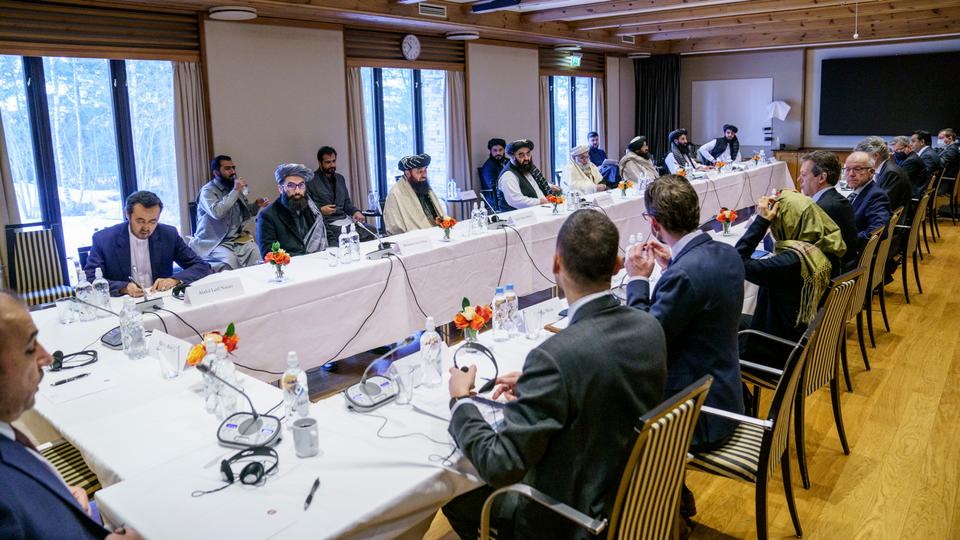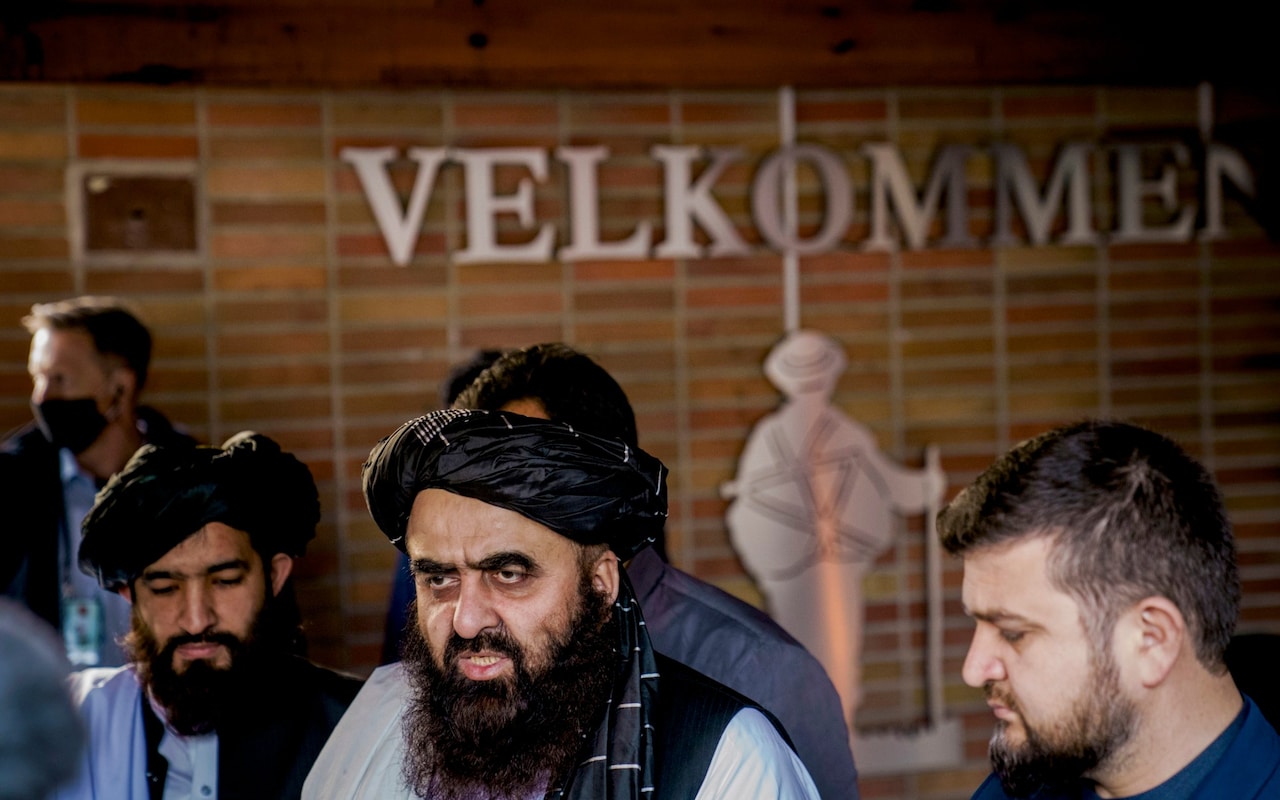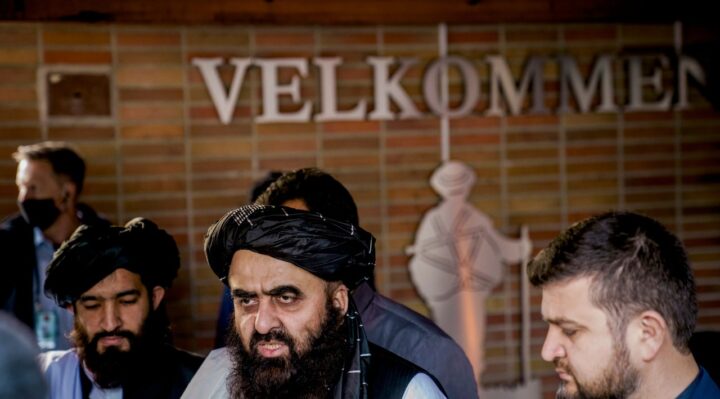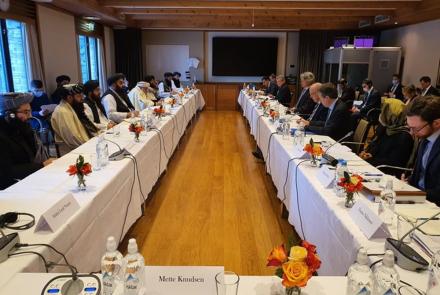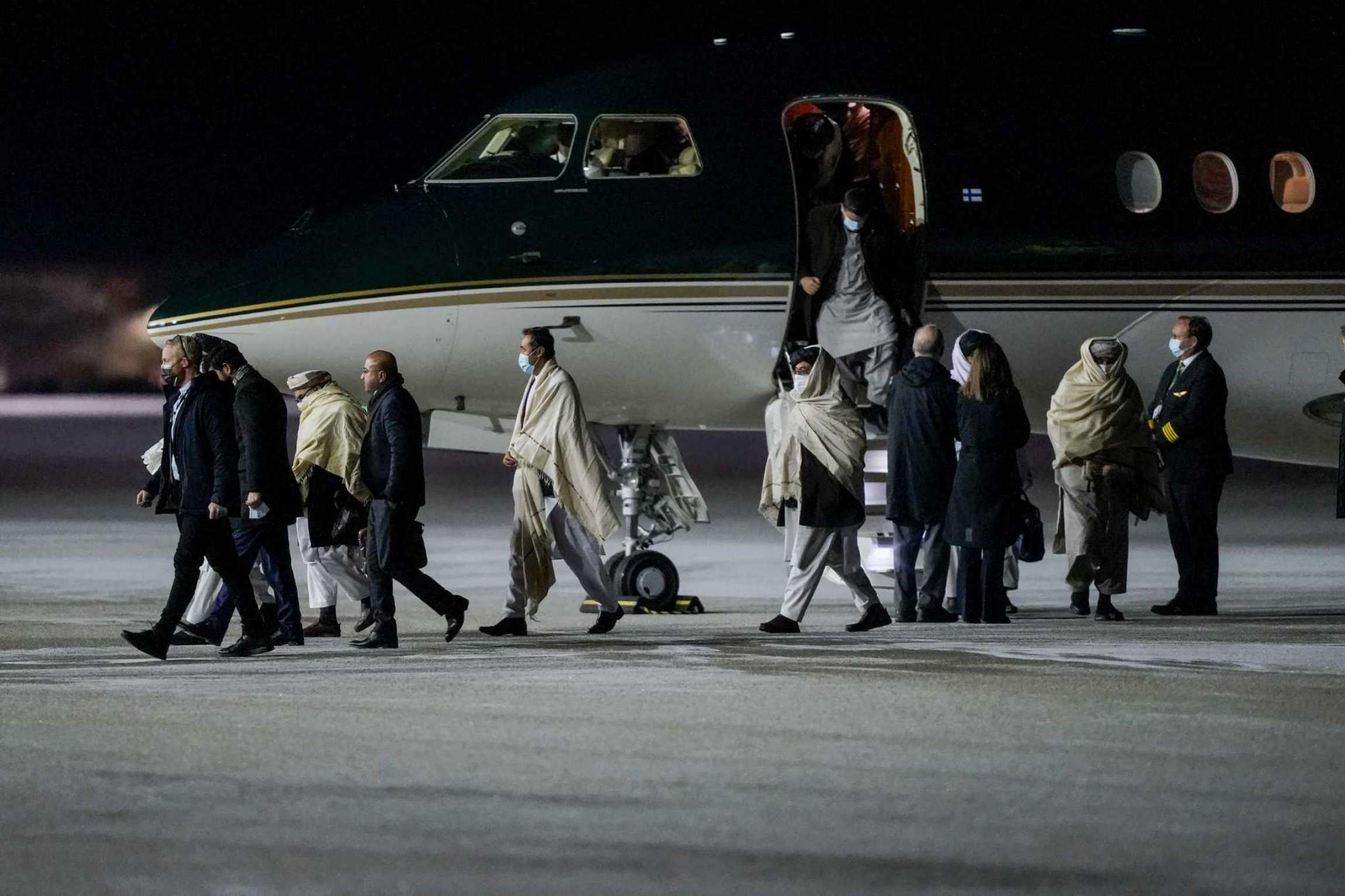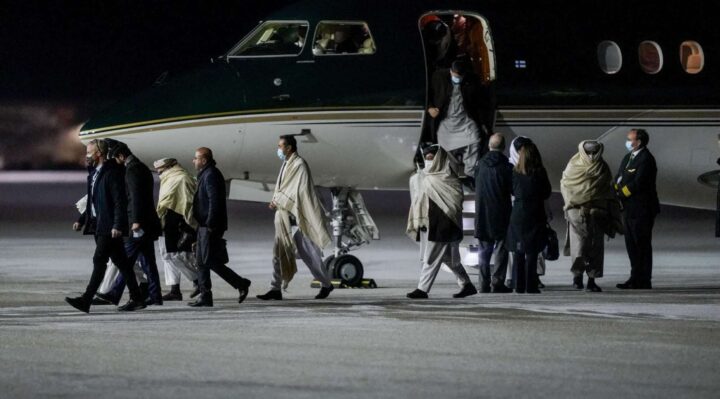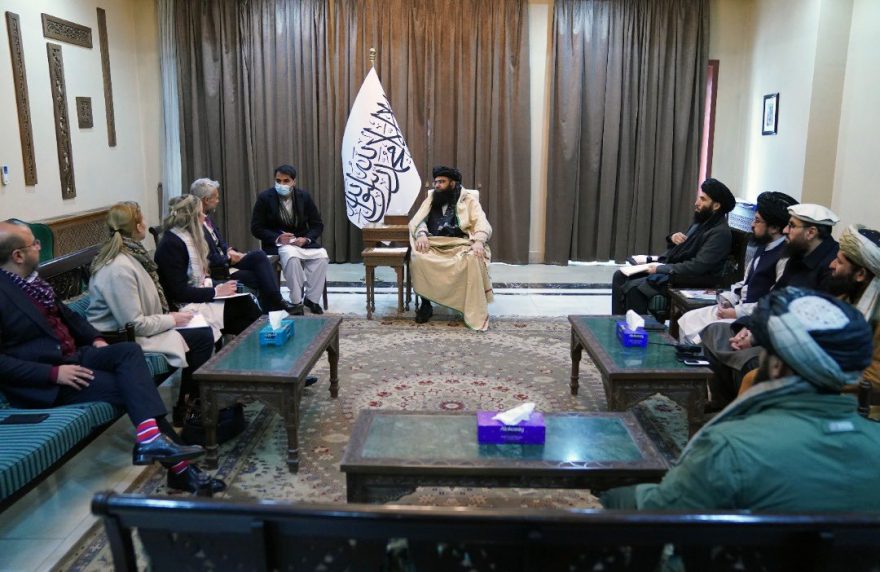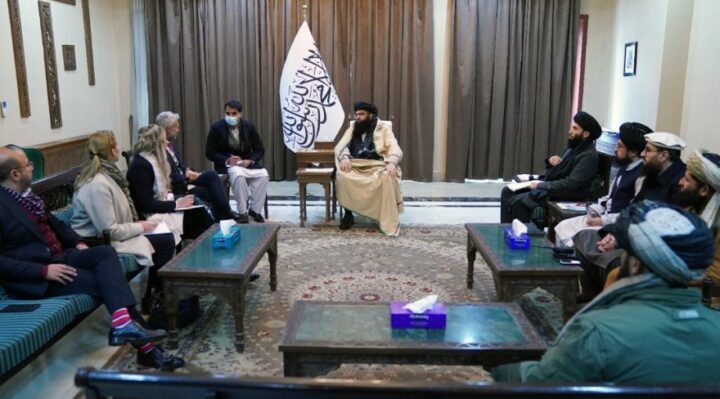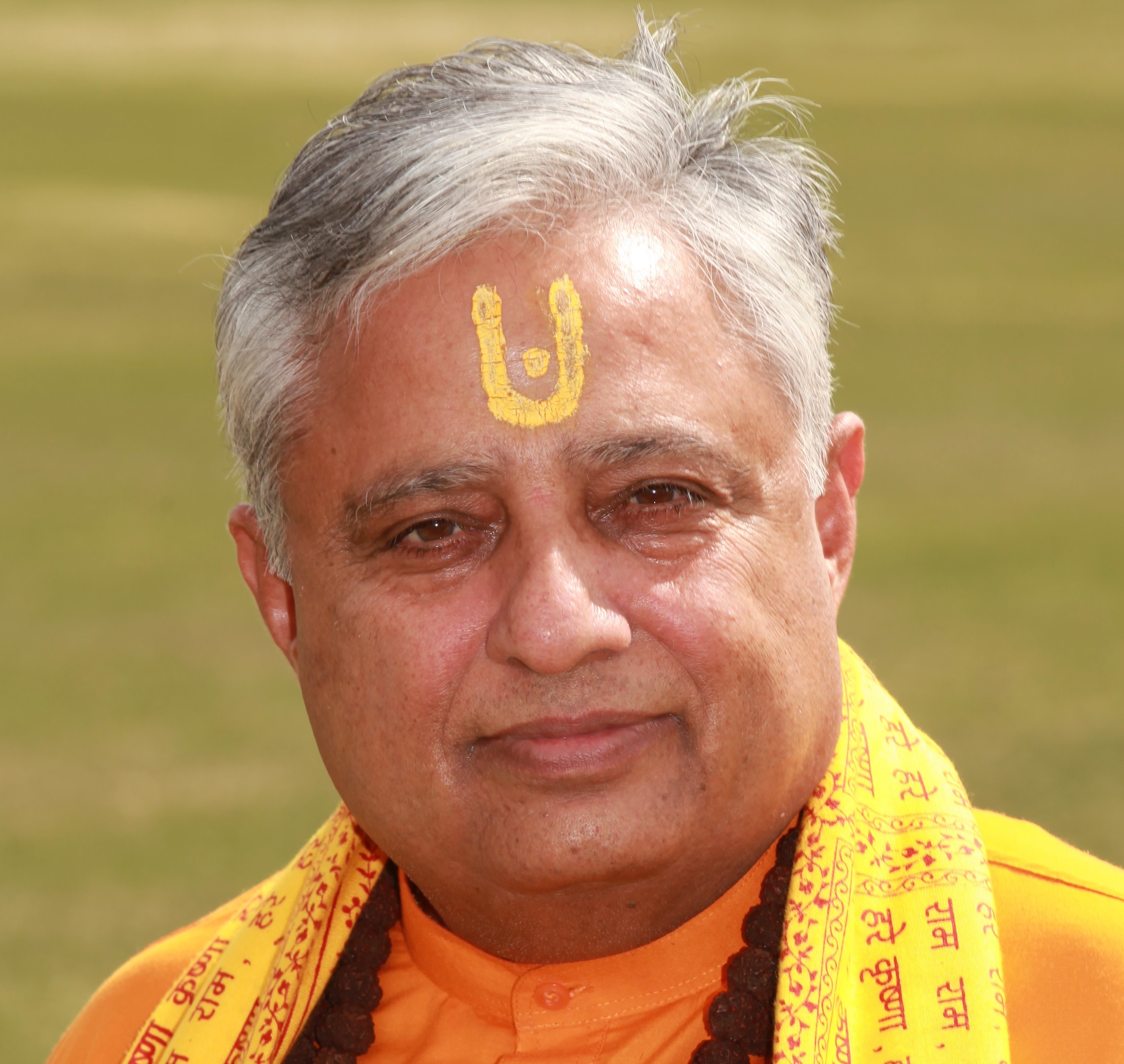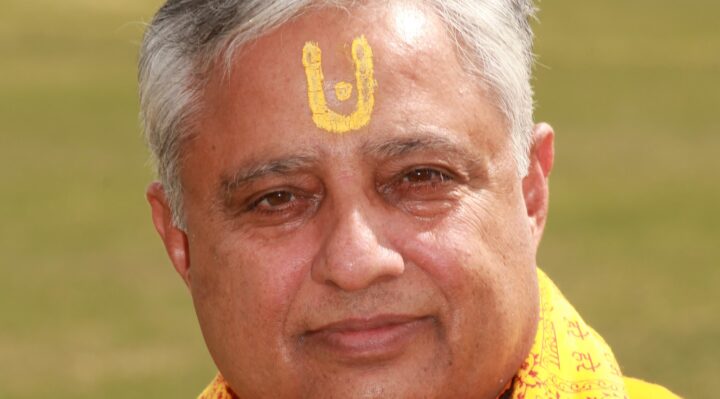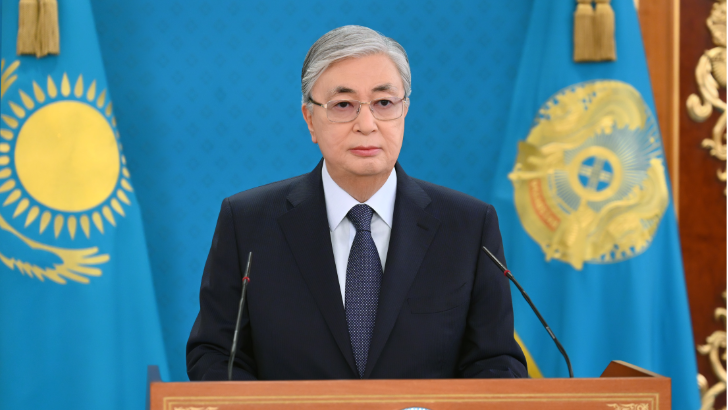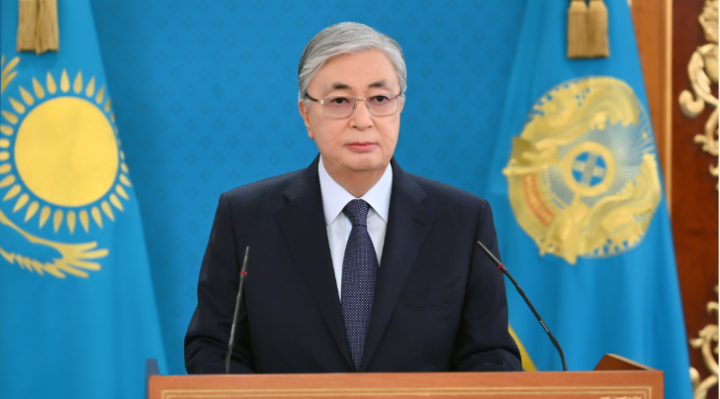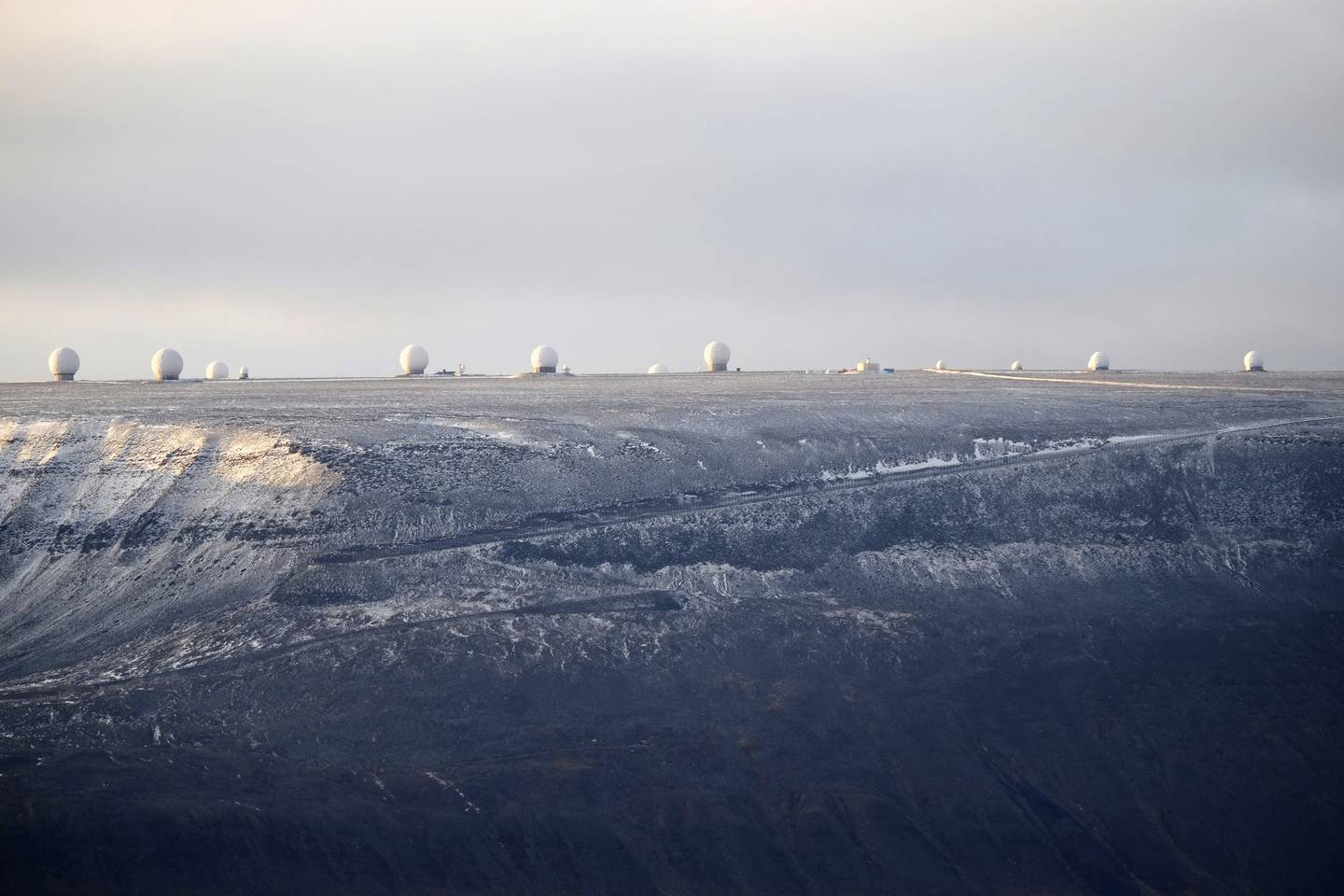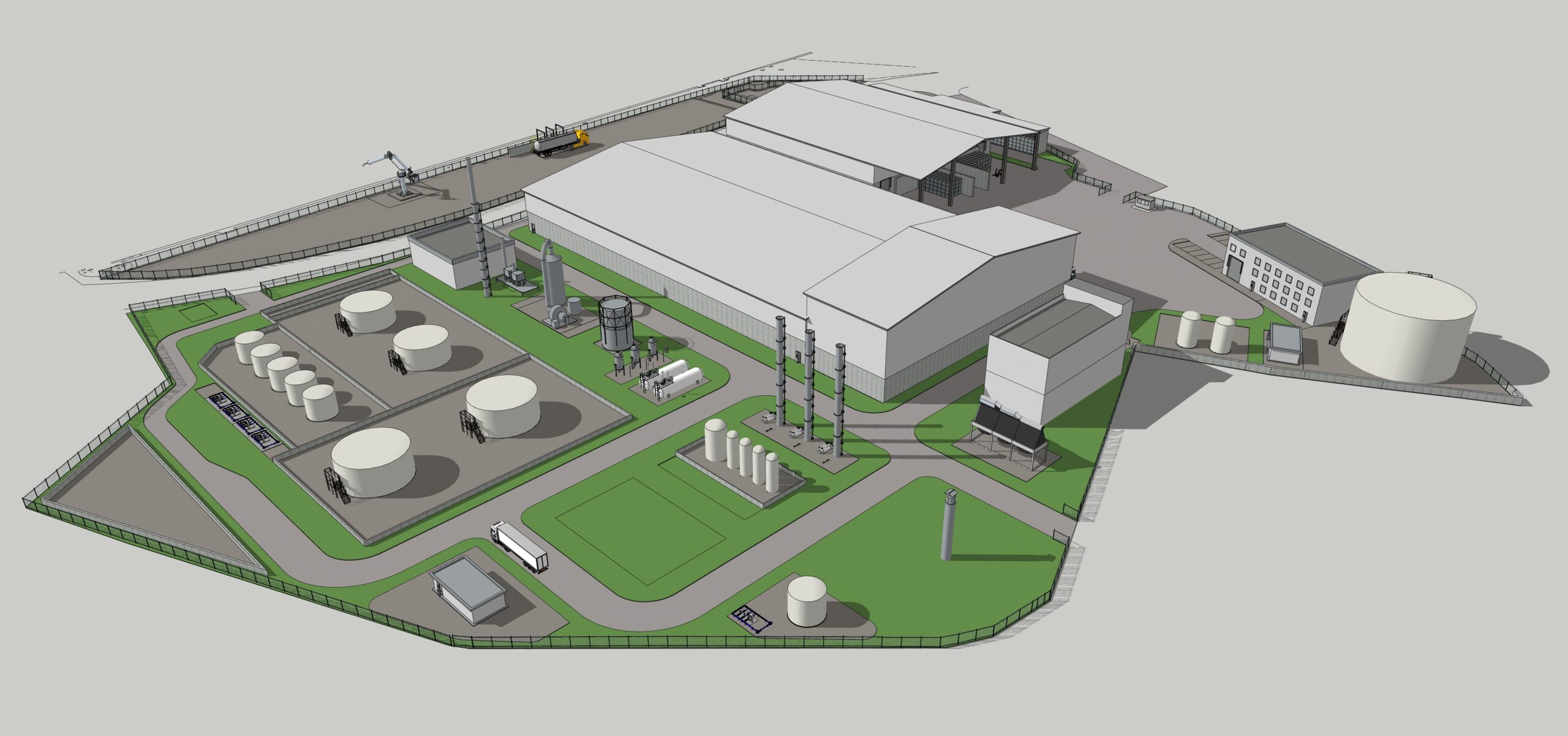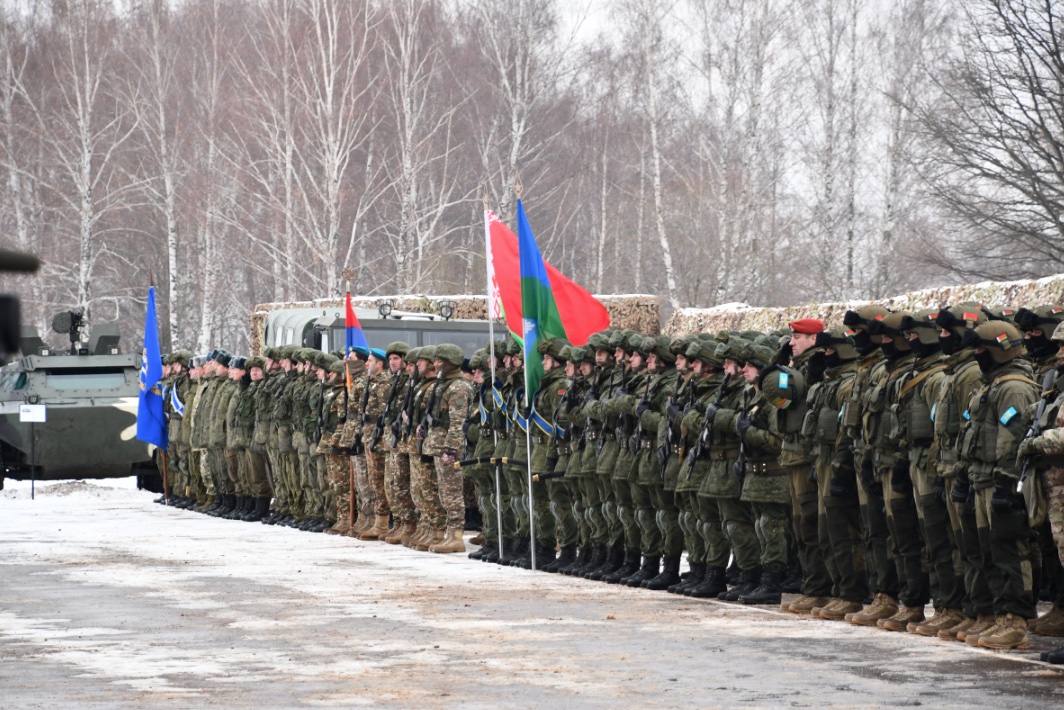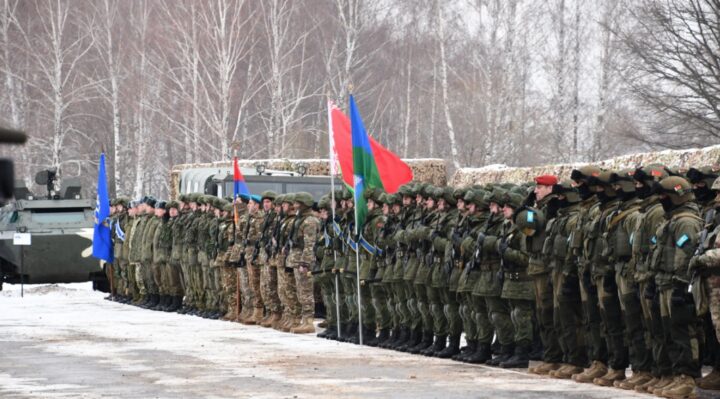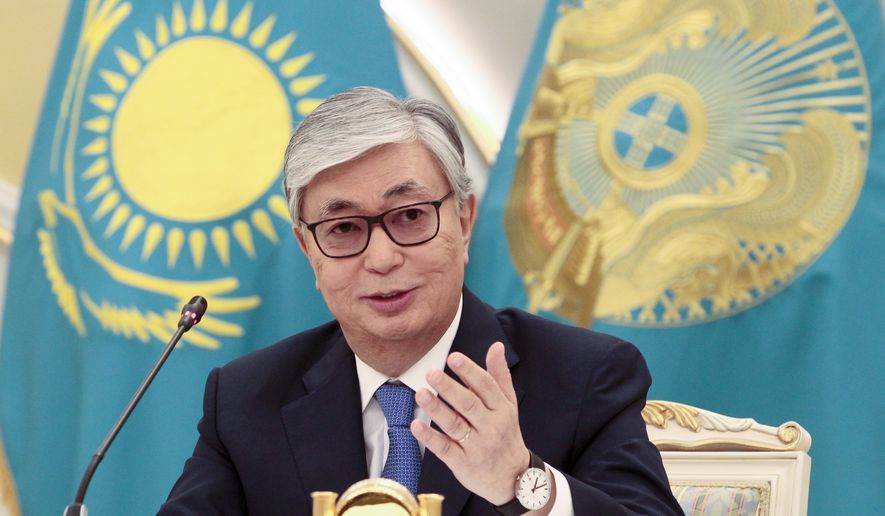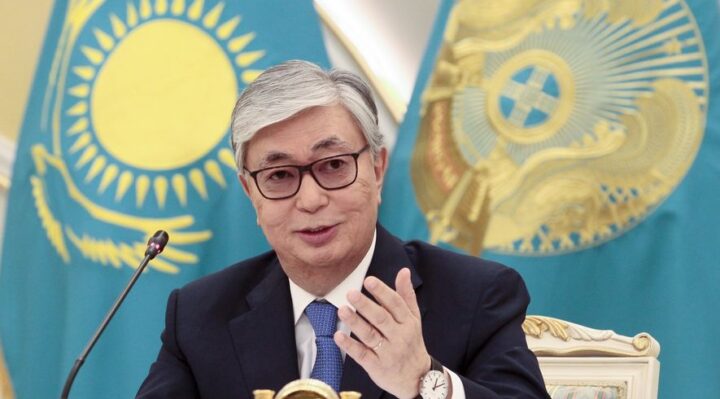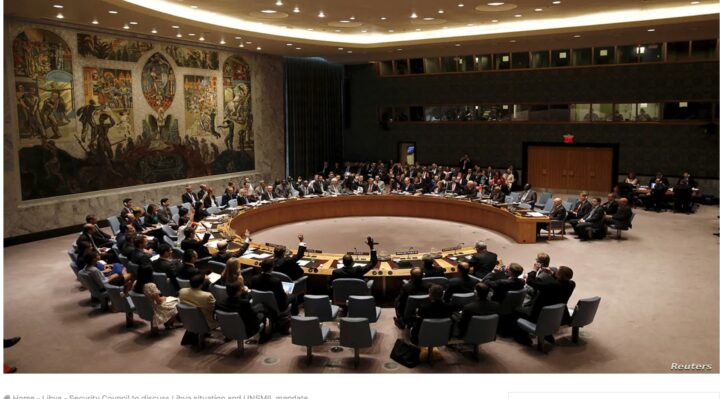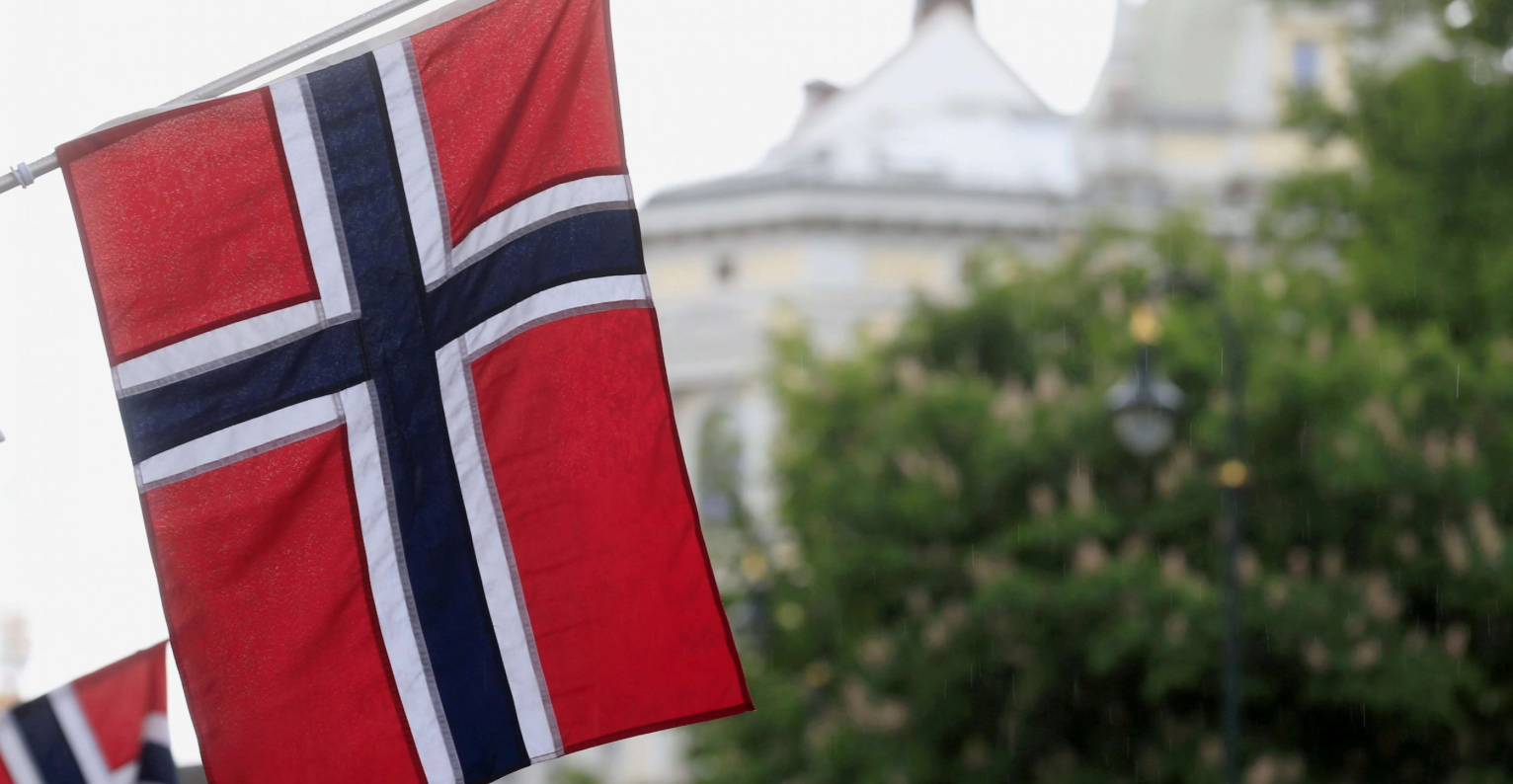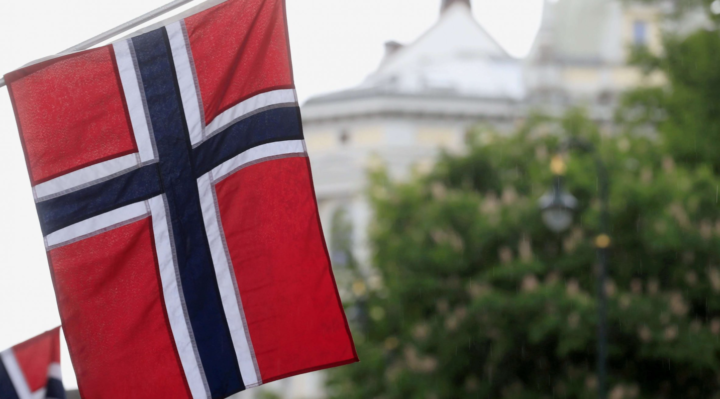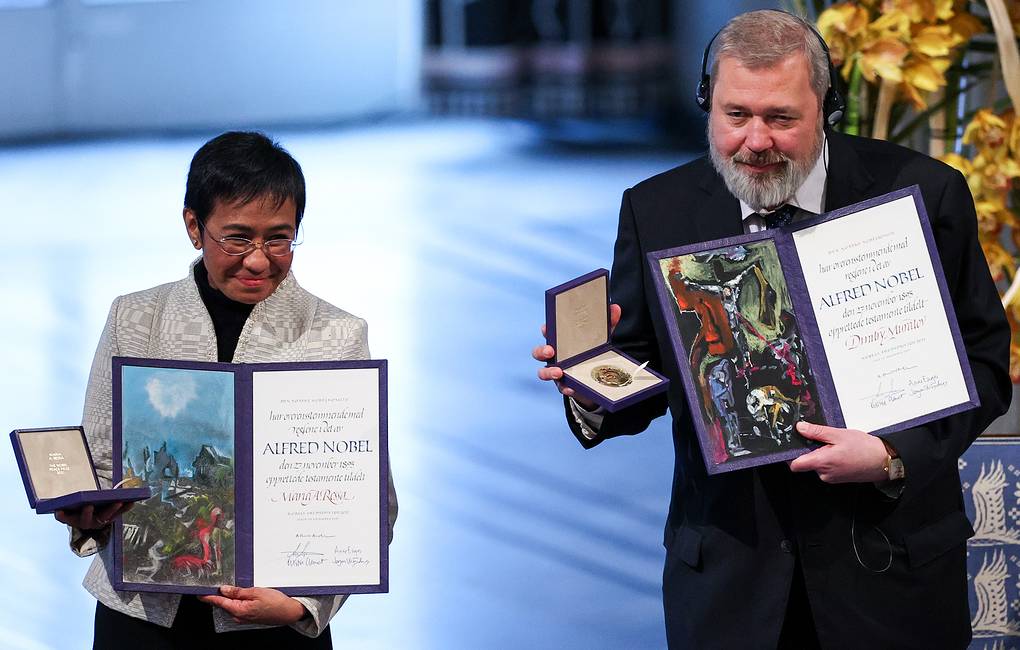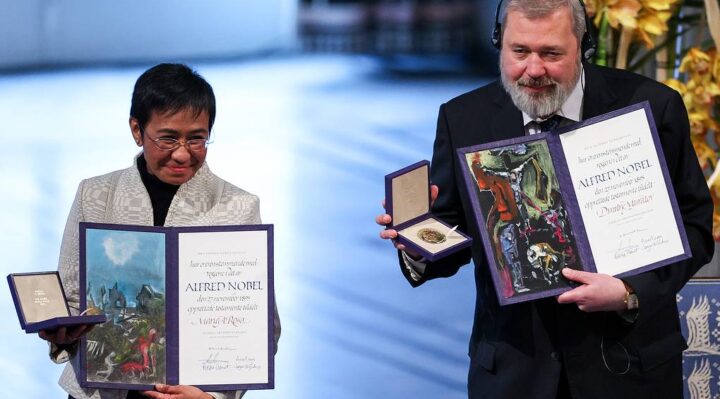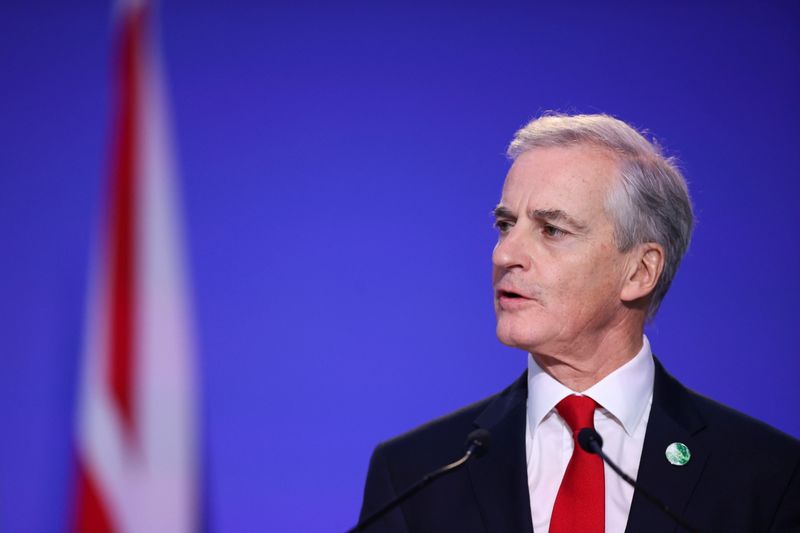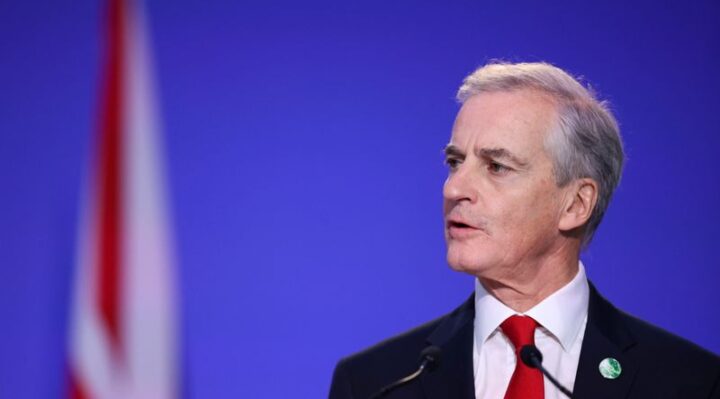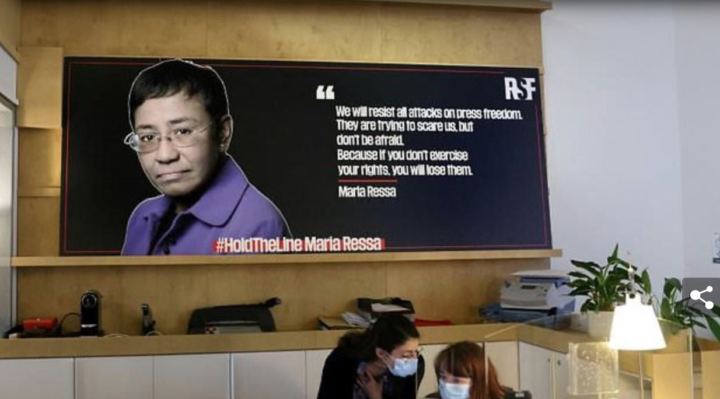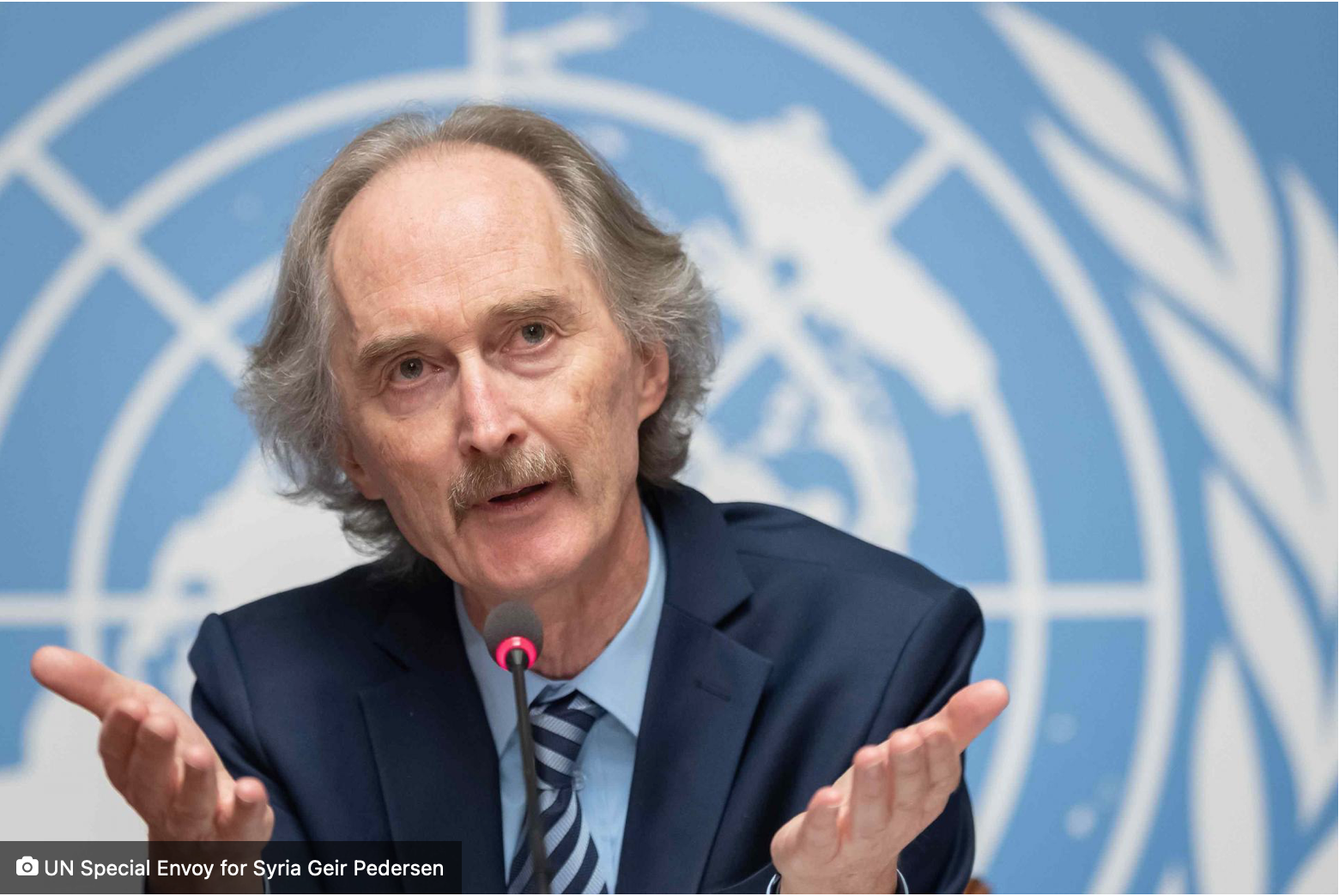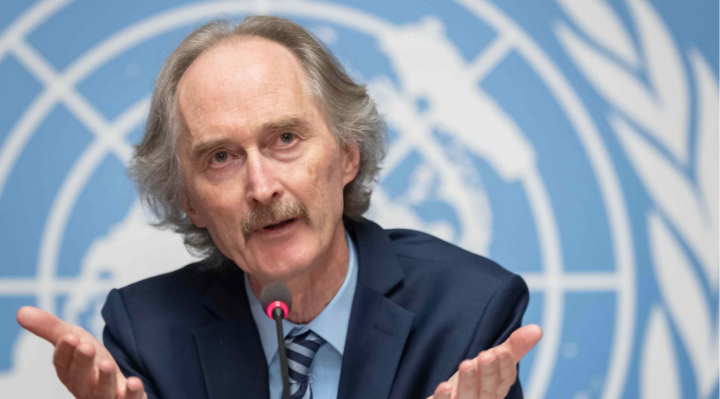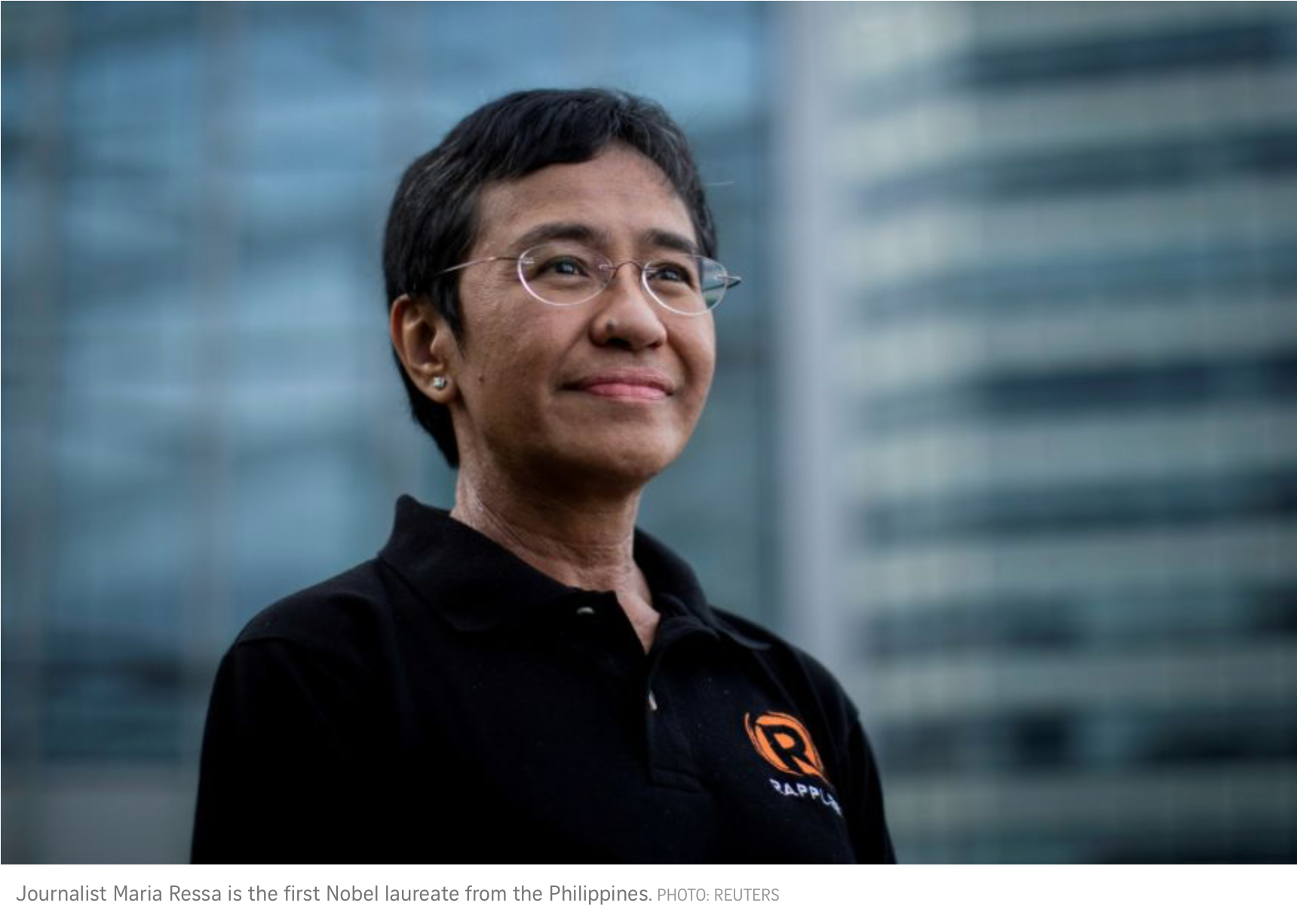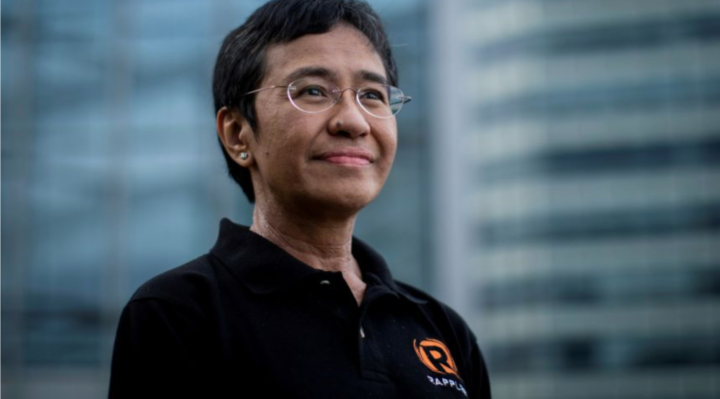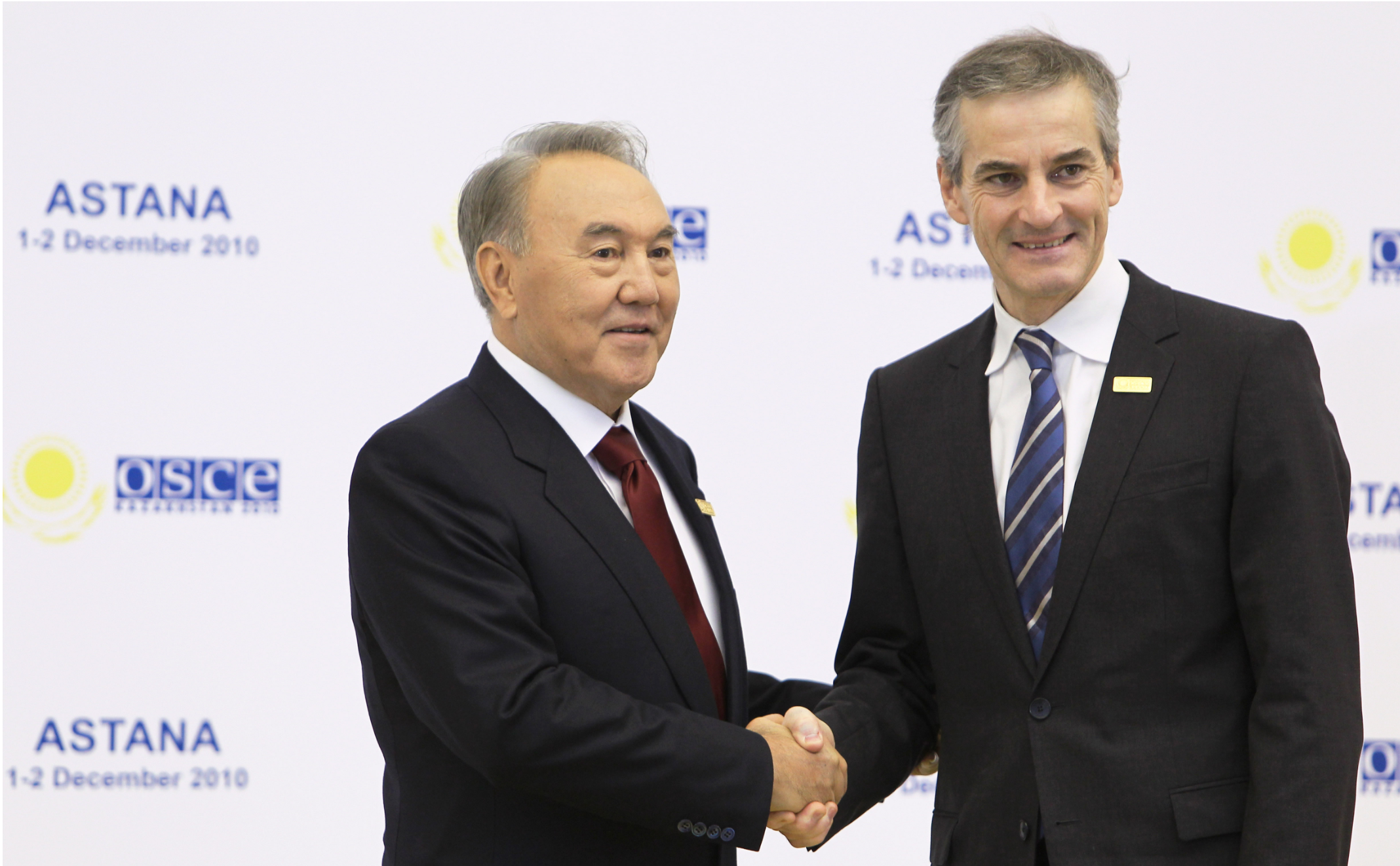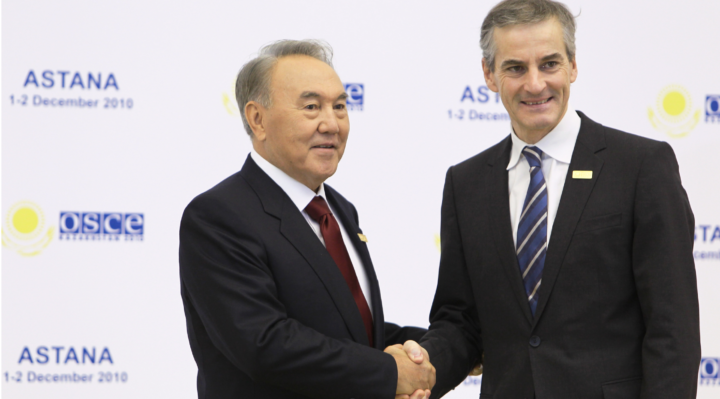Senior Taliban leaders and diplomats from several Western countries have held landmark discussions on the current situation in Afghanistan behind closed doors in Oslo.
Led by Foreign Minister Amir Khan Muttaqi, Taliban delegates met representatives from the European Union, the United States, Britain, Norway, Germany, Italy and France on Monday.
Abdul Qahar Balkhi, spokesman for the Ministry of Foreign Affairs in Kabul, wrote on his Twitter account that Afghanistan’s economy, humanitarian assistance, security, central bank affairs and other issues came up for discussion.
A Norwegian initiative, the talks represented the Taliban’s first contact with Western diplomats since their takeover of the country in August last year.
The unfolding humanitarian disaster in Afghanistan, faced with hunger and poverty, was also in focus at the meeting the Taliban hailed as an “achievement in itself”.
The visiting foreign minister told journalists: “Norway providing us this opportunity is an achievement in itself because we shared the stage with the world.”
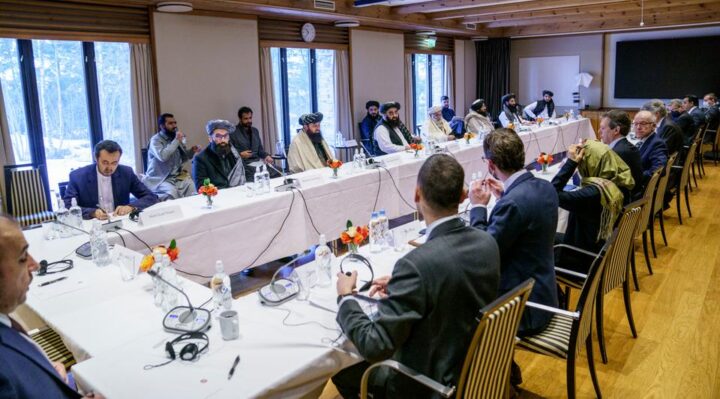
Muttaqi hoped they would win global support for Afghanistan’s humanitarian, health and education sectors as a result of the three-day talks in Oslo.
As expected, the Taliban delegates renewed their call for the release of $10billion in Afghanistan central bank’s assets blocked by the US and its allies.
In what is widely seen as the highlight of the delegation’s visit, the Taliban are meeting Norwegian officials on how Afghanistan could be steered out of the ongoing humanitarian crisis.
Also on Monday, ex-president Hamid Karzai characterised the Oslo meetings as a positive development with regard to Afghanistan’s future.
In an interview with CNN, he told the Taliban that the time had come to reopen all educational institutes across the country and put girls back in school.

